When prose made tyranny twitch
The illustrious charisma of once powerful dictators paled when good literature came in sight
navneet.vyasan@htlive.com
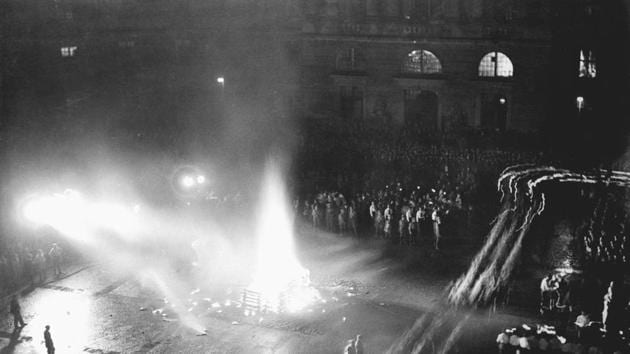
For generations may come and go, something that remains constant , is the very fact that every now and then, a leader arises who attains a God-like status in people’s minds. Their charisma excludes fearlessness and courage, people throng into crowds to catch a glimpse of their great leader. For them, they’re invincible and if anything, a ray of hope. In the past century, the world has seen such leaders, who, on paper seem mettlesome. But are they? How do you gauge a revolution when it swaggers along time, but also knows, somewhere in a dark room, there’s someone devoid of military strength, armed just with a pen and a paper, penning words — simple, benign prose — powerful enough to rattle the souls of the most powerful. Time and again, colossus revolutions have felt threatened by literature. Their counter — banning books. But of all the revolutions and books you’re going to read about below, only the books have survived.
When Orwell showed the mighty Soviet a mirror
Soviet Union, which dissolved in 1991, was undoubtedly a force to reckon with in the cold war era. Stretching from the Black Sea to the Pacific Ocean it was the largest country in the world in its time. In 1917, after Georgy Lvov’s government was overthrown by Vladimir Lenin in the October Revolution, it saw the dawn of a new era. Since then, the country saw the world’s most powerful men including the likes of Joseph Stalin and Mikhail Gorbachev take charge of the country. But nevertheless, there was something even they couldn’t see eye to eye.
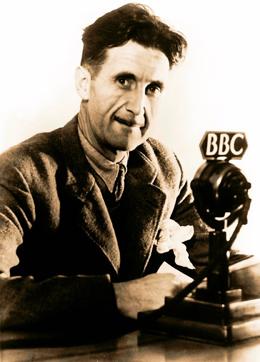
India-born author, George Orwell, published his breakthrough work Animal Farm in 1945. An allegorical novella, the book reflects events leading up to the Russian Revolution of 1917 and then on into the Stalinist era of the Soviet Union. Orwell, a democratic socialist, was a critic of Joseph Stalin and hostile to Moscow-directed Stalinism. The Soviet Union, he believed, had become a brutal dictatorship, built upon a cult of personality and enforced by a reign of terror.
The story, set in a farm, starts with an old boar named Old Major, on the Manor Farm, summons the animals on the farm together for a meeting, during which he refers to humans as parasites and teaches the animals a revolutionary song called Beasts of England.
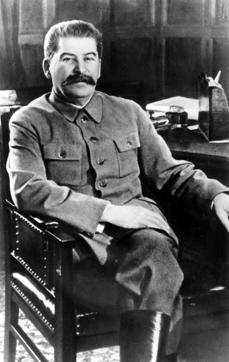
When Major dies, two young pigs, Snowball and Napoleon, assume command and consider it a duty to prepare for the Rebellion. The animals revolt and drive the drunken and irresponsible farmer Mr Jones from the farm, renaming it “Animal Farm”. They adopt Seven Commandments of Animalism, the most important of which is, “All animals are equal.”
But, all that was said did not hold true, much like the Soviet Union. The old mayor, here, stands for Lenin, and Snowball and Napoleon are Leon Trotsky and Joseph Stalin.
“All animals are equal, but some animals are more equal than others,” reads the final commandment of Animalism, in the novel.
“This work was strictly voluntary, but any animal who absented himself from it would have his rations reduced by half,” says a character from the novella, one gets an idea of what it was like under the Stalinist government after reading it.
It was not just Orwell, The Master and Margarita by Russian author Mikhail Bulgakov and Vladimir Nabokov’s Lolita, too, perturbed the powerful premiers of Soviet Union.
A frail Kafka was too much for Nazi Germany
It’s the mid-1930’s; the Nazis are marching down the streets of Austria and Germany. An arm stretched out to the level of their forehead, they’re proud of their leader Adolf Hitler, he who has promised them a land of pure Aryan race. And their fallacious pride will be fuelled in the times to come for under their supreme commander’s orders they will capture France, Czechoslovak Republic and Belgium among other countries. But at this moment, they’re not marching for war. They’re marching to initiate the Nazi Book Burning Campaign, this campaign, unknown to them, will mirror their own moral weakness.
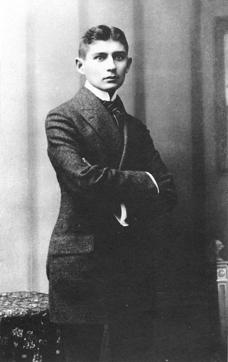
Franz Kafka was born in Prague in 1883. When he died, he was a little known author with a handful of German stories published. Today, many consider him to be the greatest writers of 20th century. Master craftsmen when it comes to intertwining realism with surrealism, his characters are alienated in existential crisis, usually living in bizarre circumstances. Many, after his death, made him out to be an under confident man whose works gave birth to the term, Kafkaesque. Before his death Kafka entrusted his works to his friend and advised him to burn everything. But his friend, Max Brod, went against his wishes and got those works published, now available for us to read, with the titles — The Trial, The Metamorphosis and The Castle.
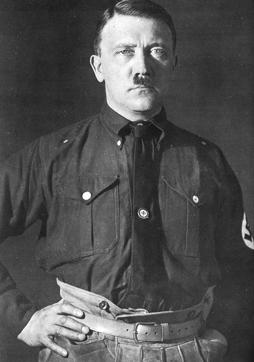
Kafka, in his later years, would dream of a land for the Jews and would diligently learn Hebrew. He will later write in his diary, “What have I in common with Jews? I have hardly anything in common with myself, and should stand very quietly in a corner, content that I can breathe.”
But the Nazis will only see his Jewish blood, for his books along with the great Karl Marx’s will be the first to be flung into the writhing flames on the streets of Germany. This notoriety towards literature was not exclusive to Kafka and Marx. HG Wells, Oscar Wilde, Ernest Hemmingway and F Scott Fitzgerald would also find their names in the ‘honourable’ list of authors banned in Nazi Germany.
Liste des schädlichen und unerwünschten Schrifttums, they would call it, or list of damaging and undesirable writing, in English.
Alice’s wonderland not in Mao’s China
When a young Alice hopped and skipped into Lewis Carroll’s mind, never would he have thought that the Chinese would be bewildered by what he would pen down. In 1931, Hunan province in Mao Zedong’s China would ban the book for the most preposterous of reasons. Anthropomorphism, then unheard of, in the country, would offend a number of people in Communist China.
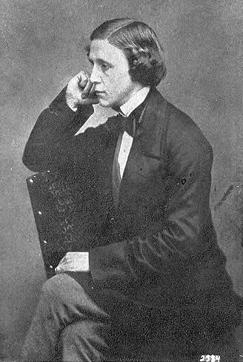
Perhaps the most ridiculous of all, the censorship board believed this is a dangerous work of fiction for “Animals should not use human language, and it is disastrous to put animals and human beings on the same level.”






